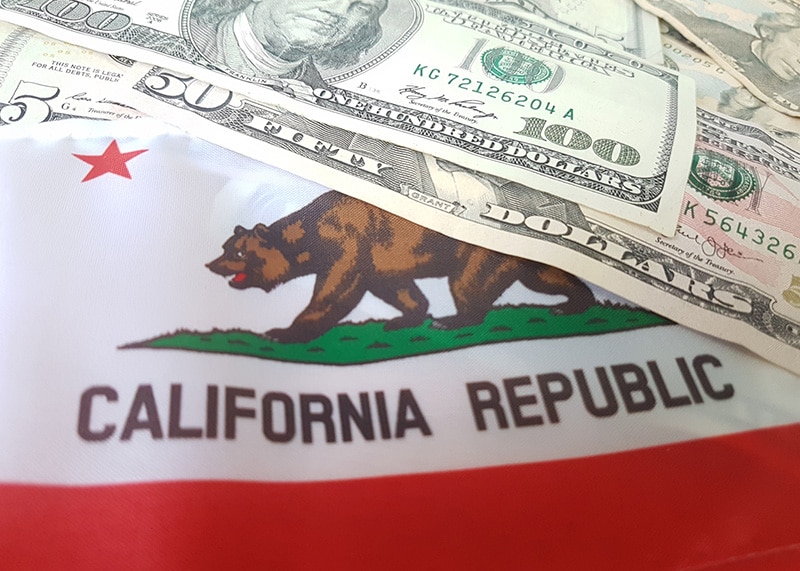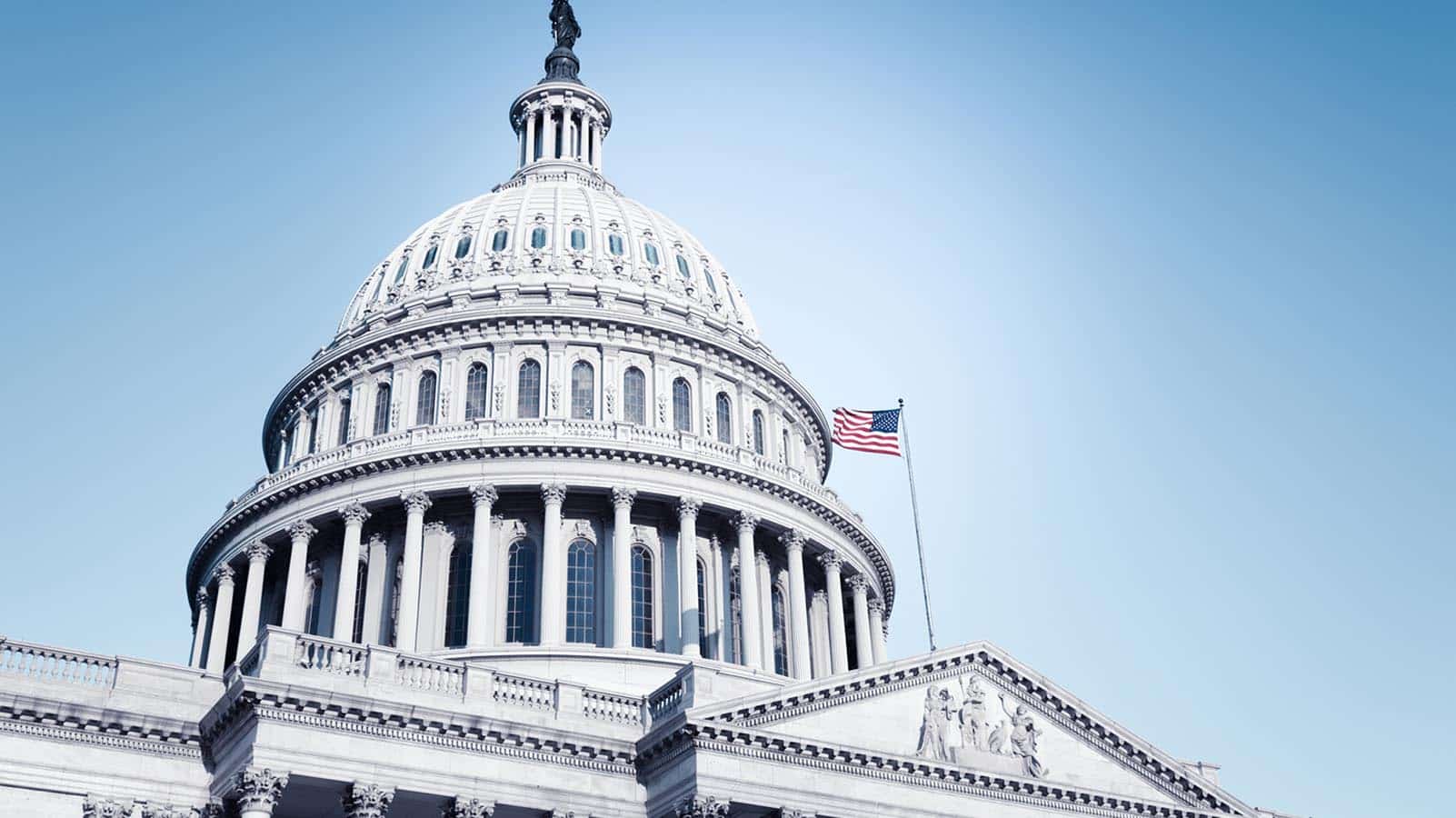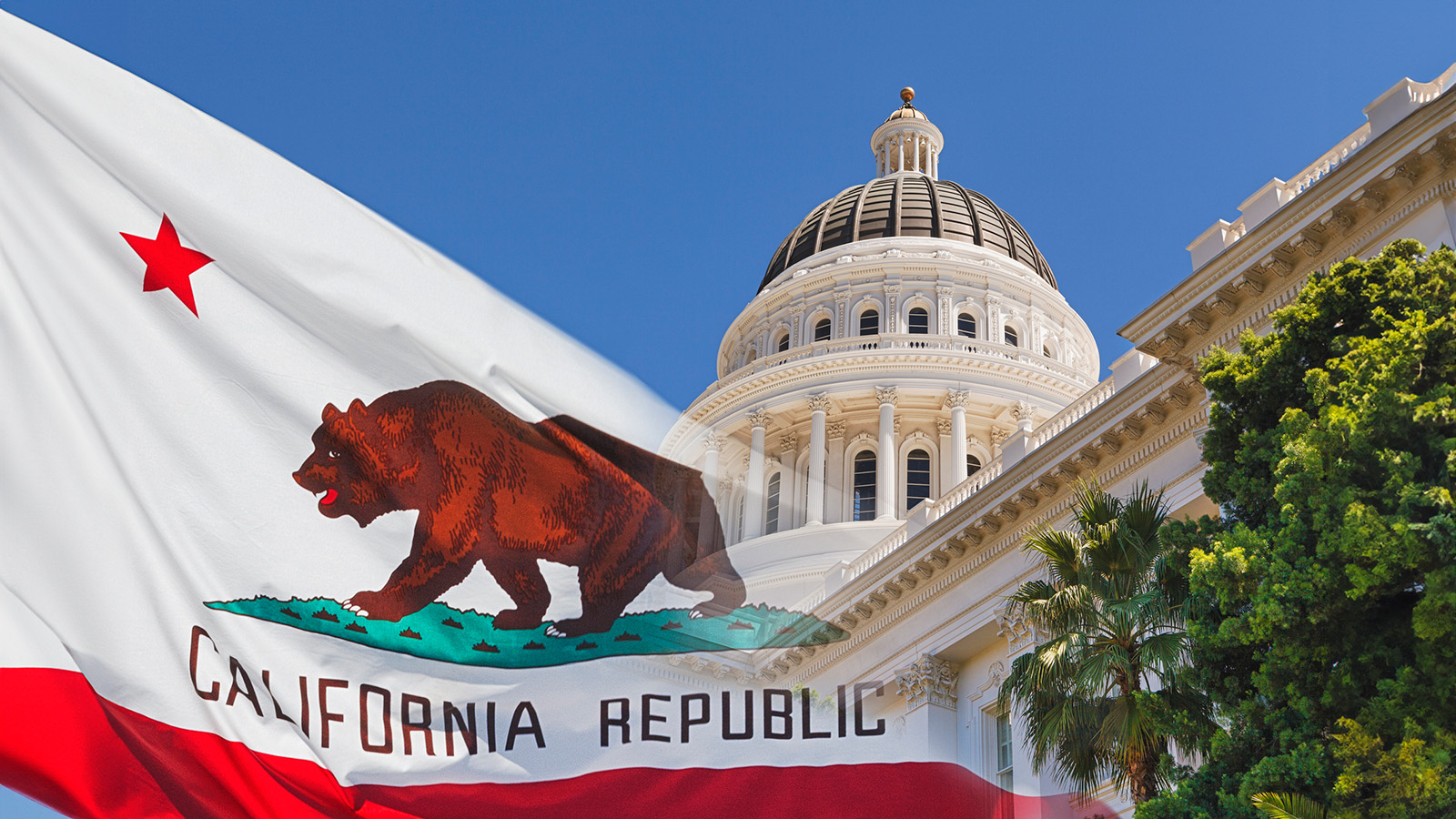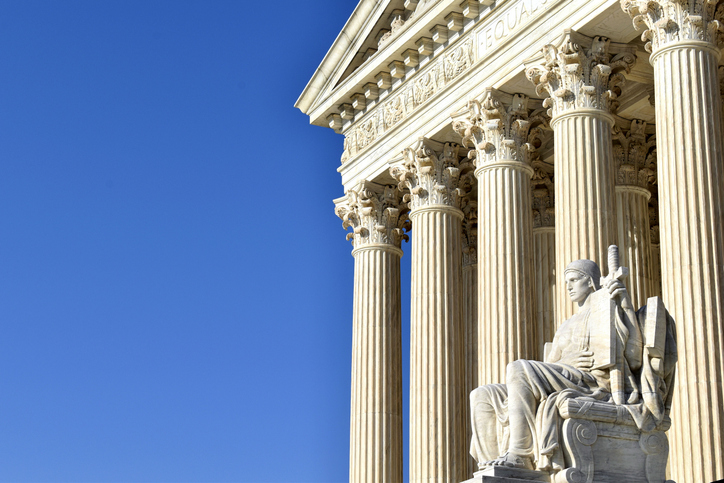Understanding the Anti-Kickback Statute
The Anti-Kickback Statute (AKS) is a law that stops those in healthcare from offering or accepting bribes in exchange for patients or services covered by government healthcare programs. If you see someone breaking this law, you can report it under the False Claims Act (FCA) and potential receive an award for your information.
Updated
May 14, 2025

The Anti-Kickback Statute (AKS) is a federal law designed to combat criminal activity within the healthcare sector. AKS prohibits the payment of “remuneration” to induce or reward patient referrals or the generation of business involving any item or service payable by federal health care programs, such as drugs, supplies or other healthcare services for Medicare or Medicaid patients.
In many industries, it is acceptable to give monetary thanks to someone “renumeration” who refers business to you. However this is illegal in healthcare when it involves federal health care programs.
Renumeration can mean anything of value, such as cash or other expensive gifts, services, or compensation. AKS covers the payee and recipient of renumeration. Their intent is key in determining liability under AKS.
Criminal penalties and administrative sanctions for violating the AKS include fines, jail terms, and exclusion from participation in the Federal health care programs. Safe harbors do exist to protect certain payment and business practices that could otherwise implicate the AKS from criminal and civil prosecution.
Continue reading to gain a better understanding of the Anti-Kickback Statute and how one can report violations under the False Claims Act. Individuals may be able to file a qui tam lawsuit against the fraudster on behalf of the government and become eligible for an award of between 15 and 30 percent of the total recovery.
Overview of the Anti-Kickback Statute
The Anti-Kickback Statute (AKS) [42 U.S.C. § 1320a-7b] is a piece of U.S. legislation designed to ensure fairness within the healthcare sector. The law addresses the potential for corrupt practices by prohibiting the exchange of any form of remuneration to induce or reward referrals connected to services or items reimbursable by federal healthcare programs. These programs include, but aren’t limited to, Medicare and Medicaid.
Key Elements of the AKS:
- Scope of the Law: The reach of the anti-kickback statute AKS is quite braod, prohibited both the giver and the receiver in engaging in kickbacks. This means that whether you are offering a kickback or are on the receiving end of one, you could be held liable under the statute.
- Definition of Remuneration: The term “remuneration” under the AKS encompasses a list of value transfers. It’s not limited to just money. Gifts, discounts, free services, and other non-monetary benefits can all be considered forms of remuneration, which also violate the law if they induce referrals.
- Federal Healthcare Programs: The AKS targets services or items billed to federal healthcare programs. This ties the law closely to the Medicare and Medicaid systems, but it also applies to any plan or program that provides health benefits, whether directly, through insurance, or otherwise, which is funded directly, in whole or in part, by the U.S. government (other than the Federal Employees Health Benefits Program).
- Safe Harbors: Recognizing that not all financial arrangements in the healthcare sector are illicit, the AKS establishes a series of “safe harbors.” These are specific provisions that protect certain types of arrangements from prosecution, provided they adhere to defined criteria. Common safe harbors include rental agreements, personal service arrangements, and certain types of referral agreements.
Violations of the AKS are treated seriously due to their potential to compromise patient care and increase healthcare costs. Consequences can include significant fines, exclusion from federal healthcare programs, and even imprisonment.
The AKS strives to maintain a healthcare environment where clinical decisions are based solely on the best interests of the patient, and not influenced by hidden financial incentives.
Any healthcare provider or entity involved in the U.S. healthcare sector must be acutely aware of the AKS provisions to ensure compliance and avoid penalties.
Examples of AKS Violations

Here’s a closer look at some of the common scenarios where kickbacks might come into play:
- Pharmaceutical Incentives – pharmaceutical companies providing financial incentives, trips, or speaking fees to physicians to encourage the prescription of their specific drugs over competitors.
- Lab Referrals – laboratories offering financial benefits or other incentives to doctors for referring patients for tests, even if unnecessary.
- Medical Device Promotions – medical device manufacturers offering financial benefits to medical practitioners or institutions for exclusively using or endorsing their products.
- Joint Ventures – hospitals forming joint ventures with other healthcare providers and subsequently referring patients exclusively to these entities, especially if the referrals yield financial benefits beyond typical returns.
- Gifts and Entertainment – providers receiving expensive gifts, tickets to events, or paid vacations in exchange for patient referrals or for choosing specific medical services/products.
- Free or Reduced Rent – medical practitioners being offered free or below-market rent for office space by facilities to which they refer patients.
- Excessive Compensation – hospitals or other entities paying physicians salaries or compensation that’s above fair market value for services provided, particularly if it’s in exchange for referrals.
- Discounts – offering or accepting significant discounts on medical products or services in exchange for a steady stream of referrals.
- Forgiven Loans – medical facilities forgiving loans given to practitioners in exchange for continuous referrals.
- Nursing Home Arrangements – nursing homes receiving financial benefits or other perks from pharmacies or therapy providers in exchange for exclusive patient referrals.
- Bundling Services – companies that bundle a range of services together, charging a lower overall fee, with the condition that the buyer refers patients for all those services, even if some are unnecessary.
- Specialized Service Referrals – specialists, like radiologists or physiotherapists, paying general practitioners a fee for each patient referred to their service.
While it’s impossible to enumerate every scheme employed to outsmart the healthcare system, innovative tactics always emerge. The vigilance of whistleblowers has been pivotal in shedding light on breaches of the Anti-Kickback Statute, preserving the system’s credibility, safeguarding patients, and ensuring taxpayers’ money is spent judiciously.
Anti-Kickback Statute vs. Stark Law
The Anti-Kickback Statute and Stark Law both prohibit offering or paying remuneration to induce referrals of patients or items or services covered by Medicare, Medicaid, and other federal programs. However, there are key differences between the two laws:
- Scope: The Anti-Kickback Statute applies to all healthcare programs, including Medicare, Medicaid, and TRICARE, whereas the Stark Law applies only to Medicare and Medicaid.
- Referrals: The Anti-Kickback Statute prohibits kickbacks for referalls of any service covered under fedearl healthcare programs, whereas the Stark Law prohibits kickback for referrals of designated health services, which includes lab tests, hospital services, prescription drugs, and other medical equipment.
- Parties Involved: The Anti-Kickback Statute applies to referrals from anyone, not just physicians, whereas the Stark Law applies only to referrals from physicians.
- Safe Harbors: The Anti-Kickback Statute has a few safe harbors that allow certain financial relationships under specific conditions, whereas the Stark Law has more specific safe harbors for certain types of arrangements, such as fair market value rental agreements and physician employment agreements.
- Penalties: The Anti-Kickback Statute can result in criminal and civil penalties, including fines and imprisonment, whereas violations of Stark Law can result in civil penalties, including fines and exclusion from federal healthcare programs.
Both laws aim to prevent financial incentives from influencing medical decisions and ensure that healthcare services are provided based on patient needs, not on financial gain. It’s important for healthcare providers to understand both laws and their respective safe harbors to avoid violating them.
More on Safe Harbors
The AKS prohibits the knowing and willful offering, paying, receiving, or soliciting remuneration in exchange for referrals for items or services that are reimbursable under federal healthcare programs like Medicare and Medicaid. Safe habors provide clear guidance on business arrangements that are generally considered acceptable and exempt from AKS scrutiny, which healthcare allow providers to avoid the risk of legal or financial penalities. This may include:
- Fair Market Value (FMV) Arrangements: These involve transactions where the remuneration is at FMV and not influenced by referrals.
- Personal Services Arrangements: This covers agreements where a physician provides personal services to an entity in exchange for compensation.
- Group Purchasing Organizations (GPOs): GPOs can offer discounts or rebates to healthcare providers without violating the AKS.
- Investment Interests: Certain investment arrangements, such as equity interests in a supplier, can be protected under specific safe harbors.
Example Kickback Scenario
Anti-Kickback Statute Violation
Hospital A offers Radiology Group B a below-fair market value lease for office space in the hospital. However, Radiology Group B may be in violation if the below-fair market value lease is offered in exchange for referring patients to Hospital A. This is because the lease could be considered a “kickback” that induces referrals.
Stark Law Violation
Radiology Group B refers patients to Hospital A for ancillary services (e.g., laboratory tests) that are billed by Hospital A. Radiology Group B may be in violation of Stark Law if it has a financial relationship with Hospital A (e.g., ownership interest) and the referrals for ancillary services exceed a certain threshold. This is because the financial relationship and referrals could be considered a “financial arrangement” that violates the Stark Law’s prohibitions.
In Conclusion
In this case, both the Anti-Kickback Statute and the Stark Law could potentially be implicated. The below-fair market value lease could be a violation of the Anti-Kickback Statute, and the referrals for ancillary services could be a violation of the Stark Law. However, the specific facts and circumstances of the arrangement would need to be carefully analyzed to determine whether either law has been violated.
Recent Cases
Oak Street Health (2024)
Oak Street Health has agreed to pay $60 million to settle allegations of violating the False Claims Act. The company is accused of paying kickbacks to insurance agents to recruit Medicare Advantage patients. The settlement resolves allegations that Oak Street Health knowingly submitted false claims to Medicare arising from kickbacks to agents that violated the Anti-Kickback Statute.
DaVita (2024)
DaVita, a healthcare provider, has agreed to pay $34.5 million to resolve allegations of violating the False Claims Act. The company is accused of paying kickbacks to induce referrals to its pharmacy services and dialysis centers.
The United States alleged that DaVita paid kickbacks to a competitor to induce referrals to its pharmacy, DaVita Rx, for Medicare patients’ prescriptions. In exchange, DaVita acquired European dialysis clinics and agreed to purchase dialysis products from the competitor.
Additionally, the government alleged that DaVita provided management services to vascular access centers owned by physicians in a position to refer patients to DaVita’s dialysis clinics. DaVita paid improper remuneration to these physician-owners to induce referrals.
Finally, the United States alleged that DaVita paid improper remuneration to a large nephrology practice to induce referrals to DaVita’s dialysis clinics.
The settlement includes a whistleblower award of $6.37 million to Dennis Kogod, a former DaVita executive who reported the allegations.
Ultragenyx (2023)
Ultragenyx Pharmaceutical Inc. has agreed to pay $6 million to resolve allegations of violating the False Claims Act by paying kickbacks to induce referrals for its drug Crysvita. The company allegedly paid for free genetic tests and a separate fee to receive test result information to induce prescriptions of Crysvita and referrals of healthcare providers.
The United States alleged that Ultragenyx’s actions caused the submission of false claims to Medicare and Medicaid by paying kickbacks to beneficiaries and to a genetic testing laboratory. The settlement includes a whistleblower award of approximately $1.07 million.
Blowing the Whistle: The False Claims Act
Whistleblowers can receive rewards under the False Claims Act (FCA) if their information results in a successful action against entities submitting fraudulent claims to the government. This includes cases related to violations of the Anti-Kickback Statute (AKS), which prohibits certain remunerative exchanges in healthcare that could corrupt medical judgment.
If the government successfully recovers funds as a result of the whistleblower’s information, the whistleblower (often termed a “relator“) can receive between 15% to 25% of the recovery if the government chose to intervene in the case and actively participated in its prosecution. This percentage can increase up to 30% if the whistleblower pursues the action on their own without the government’s intervention, though this path is generally more challenging and riskier for the relator.
The FCA also provides protections for whistleblowers against retaliation from employers. If a whistleblower is discharged, demoted, suspended, threatened, harassed, or discriminated against in terms of employment because of lawful actions taken in furtherance of an action under the FCA, they may be entitled to reinstatement, double back pay plus interest, and compensation for any special damages including litigation costs and reasonable attorneys’ fees.
It’s worth noting that the potential reward can be diminished or forfeited if the whistleblower participated in the fraudulent activity, although they may still be protected from certain criminal or civil liabilities if they come forward. Given the complexity and nuances associated with whistleblower claims under the FCA, it’s crucial for potential relators to seek legal counsel with expertise in this area before proceeding.
Our Firm’s Cases

Qui Tam Award to Whistleblowers: $50 Million
Daniel Richardson, a former Senior District Business Manager for Bristol-Myers Squibb (BMS), prevailed in one of the largest qui tam whistleblower cases filed against a major pharmaceutical company for “off label” marketing and illegal kickbacks.

$7 Million Exposed
This case study examines the successful use of the California False Claims Act by our whistleblower client James Connolly, who held multinational bank HSBC accountable for defrauding the California Public Employees’ Retirement System (CalPERS), a public pension fund, out of $7 million.

$100 Million Exposed
Alex Cherpuko, a 21-year-old whistleblower at the time, exposed a $100 million criminal enterprise, securing a $69.6 million judgment and becoming the first to simultaneously use False Claims Act, Dodd-Frank Act, and IRS whistleblower laws.
Relevant FAQs
Latest News & Insights
January 22, 2025





